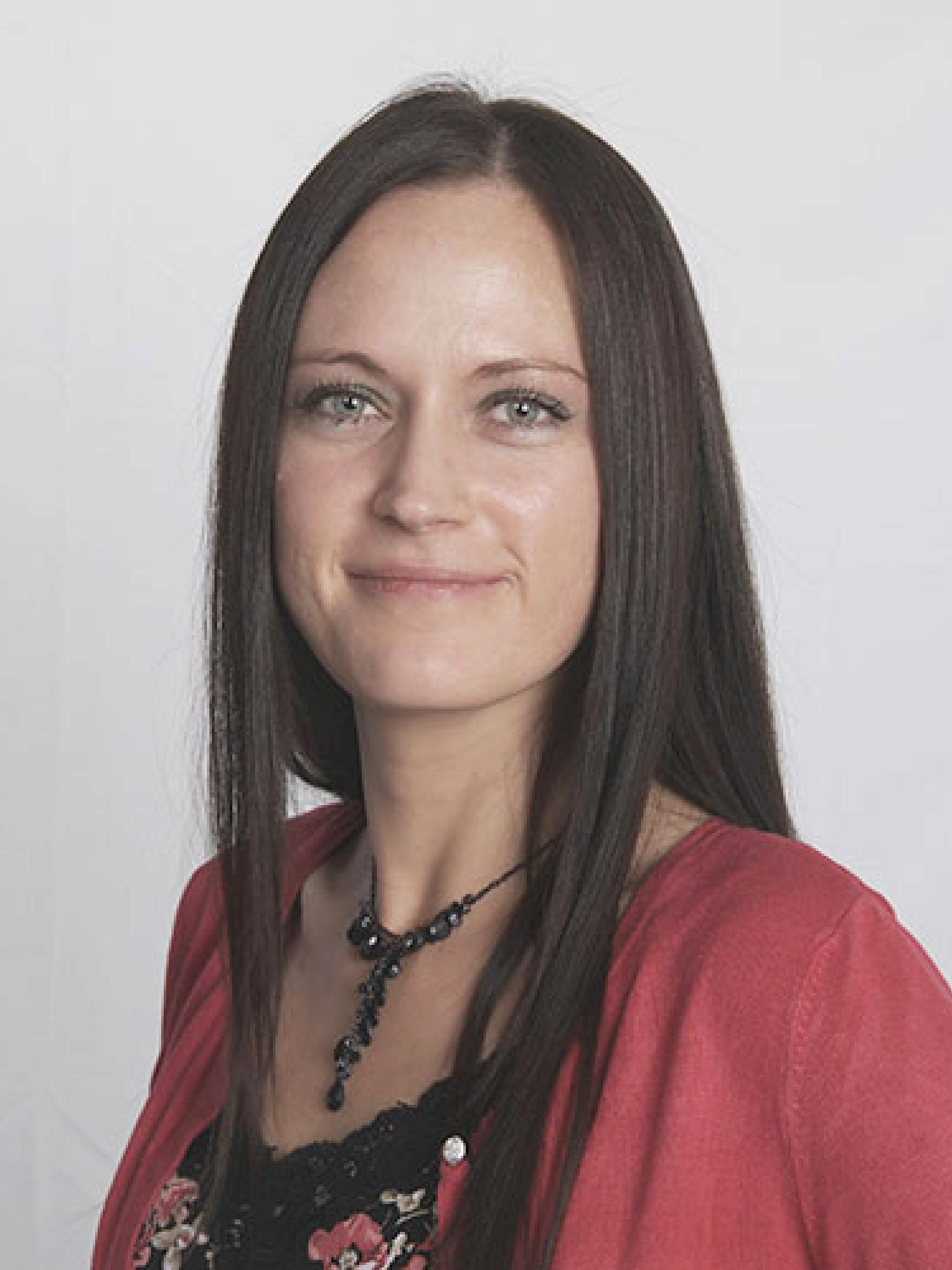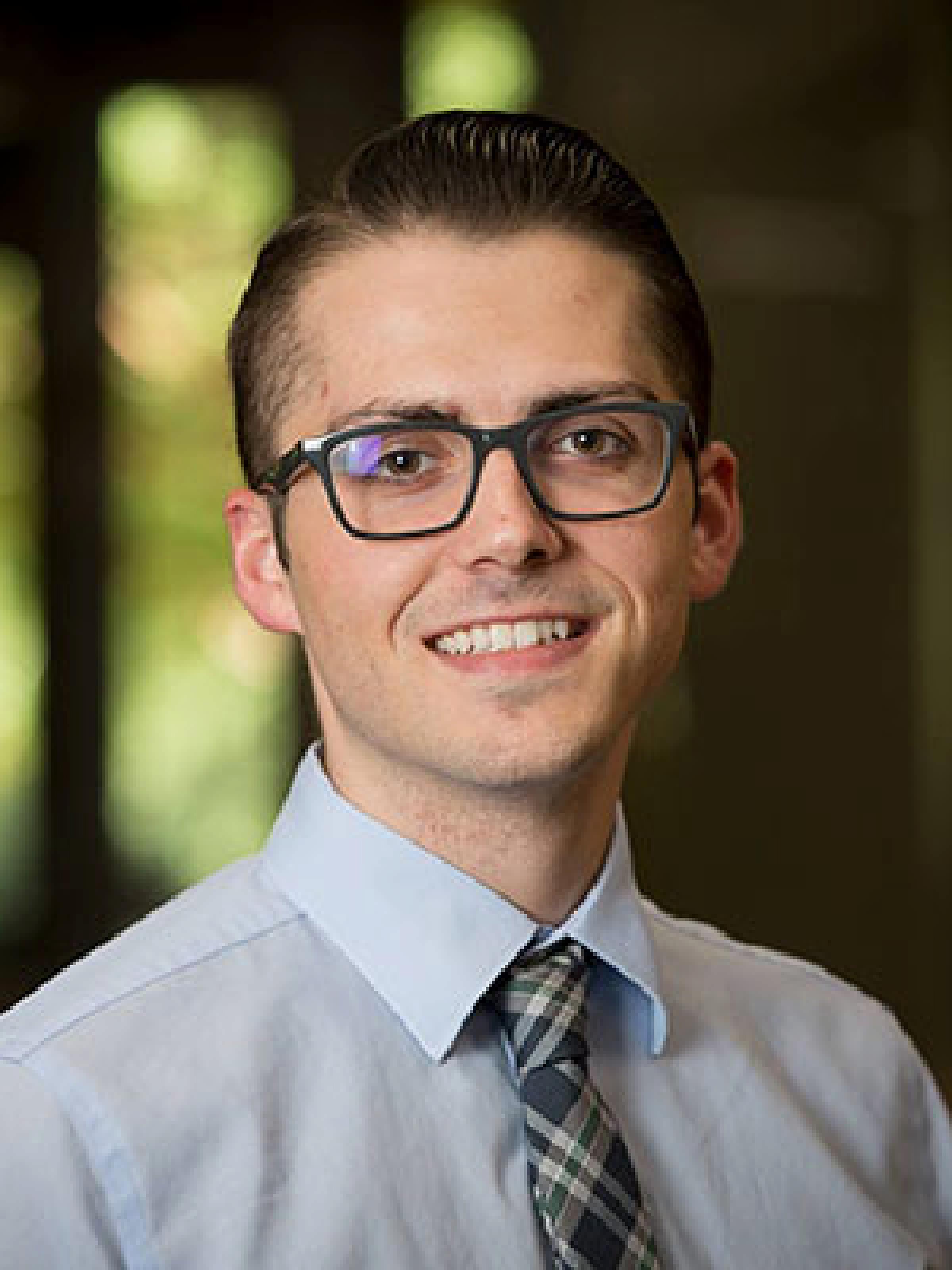
Virtual Introductory Interviews
December 7th and 8th from 8:30 am to 6:00 pm MST
Virtual Interview Dates
February 9th 12-4 MST
February 11th 12-4 MST
About this PGY2 Pharmacy Residency Program

The cardiology pharmacy residency program at University of Utah Health (UUH) offers a specialized training experience in which residents are fully integrated into multidisciplinary teams that include physicians, advanced practice clinicians (e.g., physician assistants, nurse practitioners), nurses, respiratory therapists, physical therapists, dietary specialists, case managers, and social workers. The program develops clinically strong practitioners with the knowledge and skills needed to provide comprehensive medication management to patients with diverse cardiovascular conditions. Residents will enhance their leadership skills and practice management in a cardiovascular medicine environment. Residents will provide formal and informal education to a variety of learners (e.g., physicians, APCs, pharmacy residents and students) throughout the residency year. Upon completion of the residency, residents will be equipped to practice in a variety of settings.
Program Purpose
PGY2 residency programs build upon Doctor of Pharmacy (PharmD) education and PGY1 pharmacy residency training to develop pharmacist practitioners with knowledge, skills, and abilities as defined in the educational competency areas, goals, and objectives for advanced practice areas. Residents who successfully complete PGY2 residency programs are prepared for advanced patient care or other specialized positions, and board certification in the advanced practice area, if available.
Site Description
UUH is one of the premier cardiovascular institutions in the United States and the flagship academic medical center for the Intermountain West. UUH inpatient cardiovascular care is high-volume and high-throughput. It consists of the 40-bed cardiovascular medical unit (CVMU), 18-bed cardiovascular acute care unit (CVAC), 20-bed cardiovascular intensive care unit (CVICU), 3 heart catheterization labs, and 2 electrophysiology labs. The Cardiovascular Center (CVC) serves 100-150 patients per day in its subspecialty clinics (general cardiology, heart failure and transplantation, cardiothoracic surgery, interventional cardiology, electrophysiology, congenital heart disease, vascular surgery, cardio-oncology, hypertension, hyperlipidemia, hypertrophic cardiomyopathy, amyloid, sarcoid, and pulmonary hypertension clinics).
Click to learn more about the Division of Cardiovascular Medicine.
Requirements
Qualifications
Applicants must be graduates of an ACPE-accredited college of pharmacy and have completed a PharmD or equivalent experience. For PGY2 residency, applicants must be on track for graduation from an ASHP-accredited PGY1 residency. Residents must be eligible to work in the state of Utah. Residents must be eligible for Utah pharmacist licensure and are expected to obtain temporary Utah licensure by 2 weeks prior to starting the residency year and be fully licensed as a pharmacist in Utah within 90 days of starting the program.
Application Requirements
All residency programs at University of Utah Health use the Pharmacy Online Residency Centralized Application Service (PhORCAS) and participate in the Resident Matching Program of the American Society of Health-System Pharmacists (ASHP). The following items are required:
- Completed application - apply via PhORCAS
- Curriculum vitae
- Letter of intent
- Three recommendations using the PhORCAS standard form
- College of Pharmacy transcripts
- Supplemental Material: Describe your current staffing requirements (total number of shifts/hours; centralized/decentralized; non-rounding/rounding; service line(s); average number of patients; responsibilities; etc).

Program Director
Teshia Sorensen, PharmD, BCPS, BCCP, AACC
Clinical Pharmacist - Cardiovascular Medicine
Teshia.Sorensen@hsc.utah.edu
Bio
Teshia is the PGY2 Cardiology Pharmacy Residency Program Director and a cardiovascular medicine pharmacist working in the acute and critical care settings. She completed her PharmD at the University of Wyoming School of Pharmacy and PGY1 Pharmacy Residency at the University of Utah Health. She loves collaborating with the general cardiology, heart failure and transplant, cardiothoracic surgery, interventional cardiology, and electrophysiology teams to provide excellent patient care to a diverse population. In the 13+ years at UUH, she has been involved in numerous quality improvement projects, and enjoys working with pharmacists specializing in other areas (e.g., Drug Info, IT, cardiovascular clinic, medical ICU, etc.) to optimize patient care on an institutional level.
She enjoys spending time with her two adult sons, husband, and two bernedoodles, Cozaar and Shadow Moon.

Program Coordinator
John Dechand, PharmD, BCCP
Clinical Pharmacist – Cardiovascular Medicine
John.Dechand@hsc.utah.edu
Bio
John completed his PharmD at the University of Kansas in 2015 (Rock Chalk Jayhawk!). He then completed a PGY1 Pharmacy Residency at Baylor University Medical Center in Dallas, TX, followed by a PGY2 Cardiology Pharmacy Residency at the University of Oklahoma Health Sciences Center in Oklahoma City, OK. Upon completion of PGY2, John joined the cardiovascular medicine pharmacy team at the University of Utah in 2017 and has served as RPC since 2019 and currently serves as Cardiovascular Pharmacy Team Lead. John’s favorite aspect of UUH is the multidisciplinary care approach and collaboration amongst pharmacists, physicians, advanced practice clinicians, nurses, and allied health professionals. John enjoys spending time educating clinicians-in-training and loves getting to show pharmacy residents how UUH provides an exceptional atmosphere to experience clinical pharmacy practice at the highest level.
Outside of work, John enjoys spending time with his wife and cat, exploring the great outdoors, traveling the world, skiing, riding his peloton, and cheering on KU basketball and football and the Kansas City Chiefs.
Program Alumni
2024-2025
Haya Albazzaz, PharmD
2021-2022
Katie (Fitton) McDougal, PharmD, BCCP
2020-2021
Jessi Clark, PharmD, BCCP